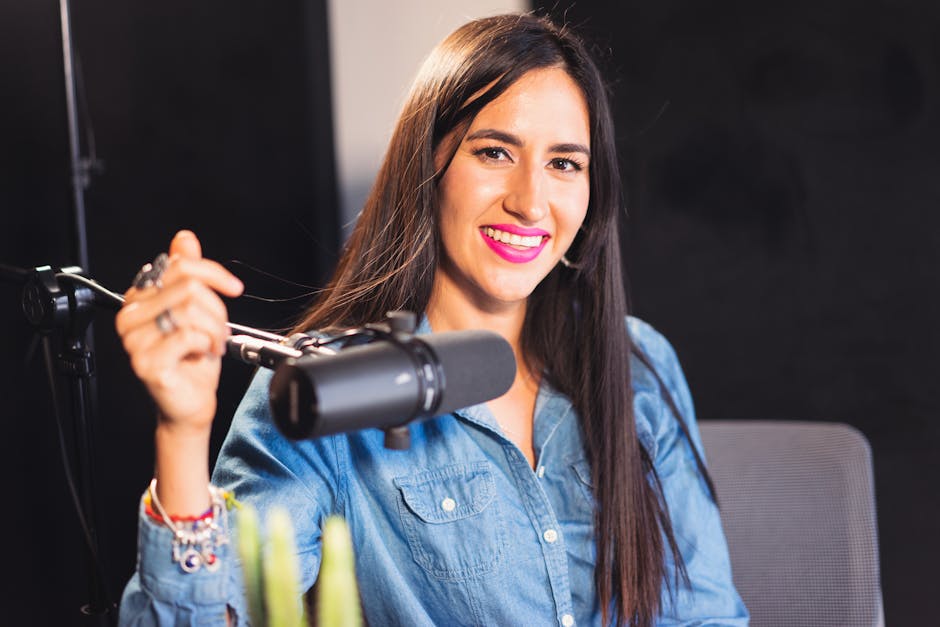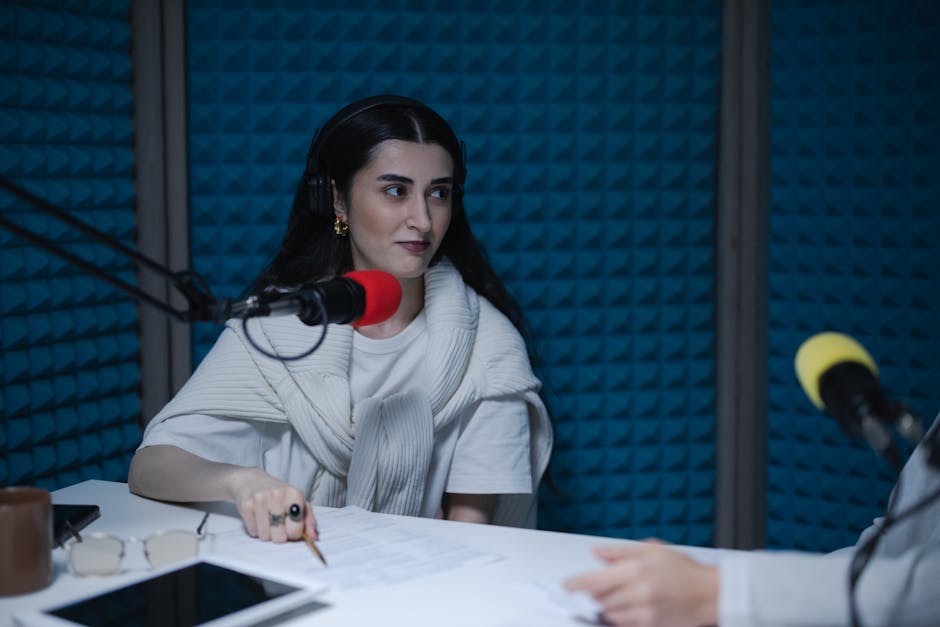Podcasting 101: How Musicians Can Start Their Own Show

Podcasting has become a significant platform for content creators, and musicians are increasingly joining the podcasting realm to share their insights, stories, and music. Starting a podcast can be an excellent way for musicians to engage with their audience on a more personal level, promote their work, and explore new creative avenues. Beginning this journey might seem challenging without a clear understanding of the essential steps and tools required.
Understanding Your Audience and Niche
The first step in starting a successful podcast is identifying your target audience. For musicians, this means understanding who your listeners are and what they find compelling. Are they fans of your music? Do they enjoy behind-the-scenes stories? Or are they interested in discussions about the music industry?
Defining your niche will help you create content that resonates with your audience. For instance, if you're a jazz musician, your podcast could focus on the history of jazz, interviews with fellow jazz artists, and discussions about jazz techniques. This specificity will attract listeners who share your passion and interests.
Additionally, researching other podcasts within your niche can provide valuable insights. Look at what successful music podcasts are doing right and consider how you can differentiate your show. This research will help you develop a unique voice and format that stands out in a crowded market.
Planning Your Content and Format
Once you've identified your audience and niche, it's time to plan your content and format. Consistency is crucial in podcasting; therefore, deciding on the frequency of your episodes (weekly, bi-weekly, monthly) is important. Each episode should have a clear structure to keep listeners engaged.
Here are some common formats for music podcasts:
- Interviews: Featuring conversations with other musicians, producers, or industry experts.
- Solo Episodes: Sharing personal experiences, tips, or insights into the music industry.
- Live Performances: Recording live sessions or sharing exclusive tracks.
- Themed Series: Creating series focused on specific topics like songwriting, album reviews, or genre histories.
Mixing different formats can keep your content fresh and engaging. For example, alternating between interview episodes and solo commentary can offer variety while maintaining cohesion.
Equipment and Technical Setup
Investing in the right equipment is essential for producing high-quality podcasts. While you don't need to spend a fortune, having good audio quality will make a significant difference in listener retention.
The basic equipment you'll need includes:
| Equipment | Description |
|---|---|
| Microphone | A good quality microphone like the Shure SM7B or Audio-Technica AT2020 provides clear sound. |
| Headphones | A pair of closed-back headphones helps monitor audio without feedback issues. |
| Audio Interface | An interface like Focusrite Scarlett 2i2 connects your microphone to your computer and enhances sound quality. |
| Recording Software | Software such as Audacity (free) or Adobe Audition allows you to record and edit your episodes. |
| Hosting Platform | A platform like Podbean or Anchor distributes your podcast to major directories like Spotify and Apple Podcasts. |
Setting up a dedicated recording space can also improve audio quality. Choose a quiet room with minimal background noise and consider using acoustic panels to reduce echo.
Promoting Your Podcast
No matter how great your content is, promoting your podcast effectively is key to building an audience. Utilize social media platforms where you already have a following to announce new episodes and engage with listeners. Email newsletters are another powerful tool for promotion. If you have an existing email list from your music career, inform subscribers about your podcast and encourage them to listen and share.
Collaborating with other podcasters or influencers in the music industry can also expand your reach. Guest appearances on other shows or inviting well-known guests can attract new listeners to your podcast. Additionally, cross-promotion through shout-outs or social media collaborations helps build community within the podcasting space. Your podcast's description and episode titles should be SEO-friendly to ensure that potential listeners can find you through search engines. Incorporate relevant keywords naturally into these elements without compromising readability or engagement.
The Path Forward
Starting a podcast as a musician opens up exciting opportunities to connect with fans and explore new creative outlets. Each step requires dedication and effort but offers rewards in terms of audience engagement and personal growth. So why wait? Dive into podcasting today and share your musical journey with the world!
